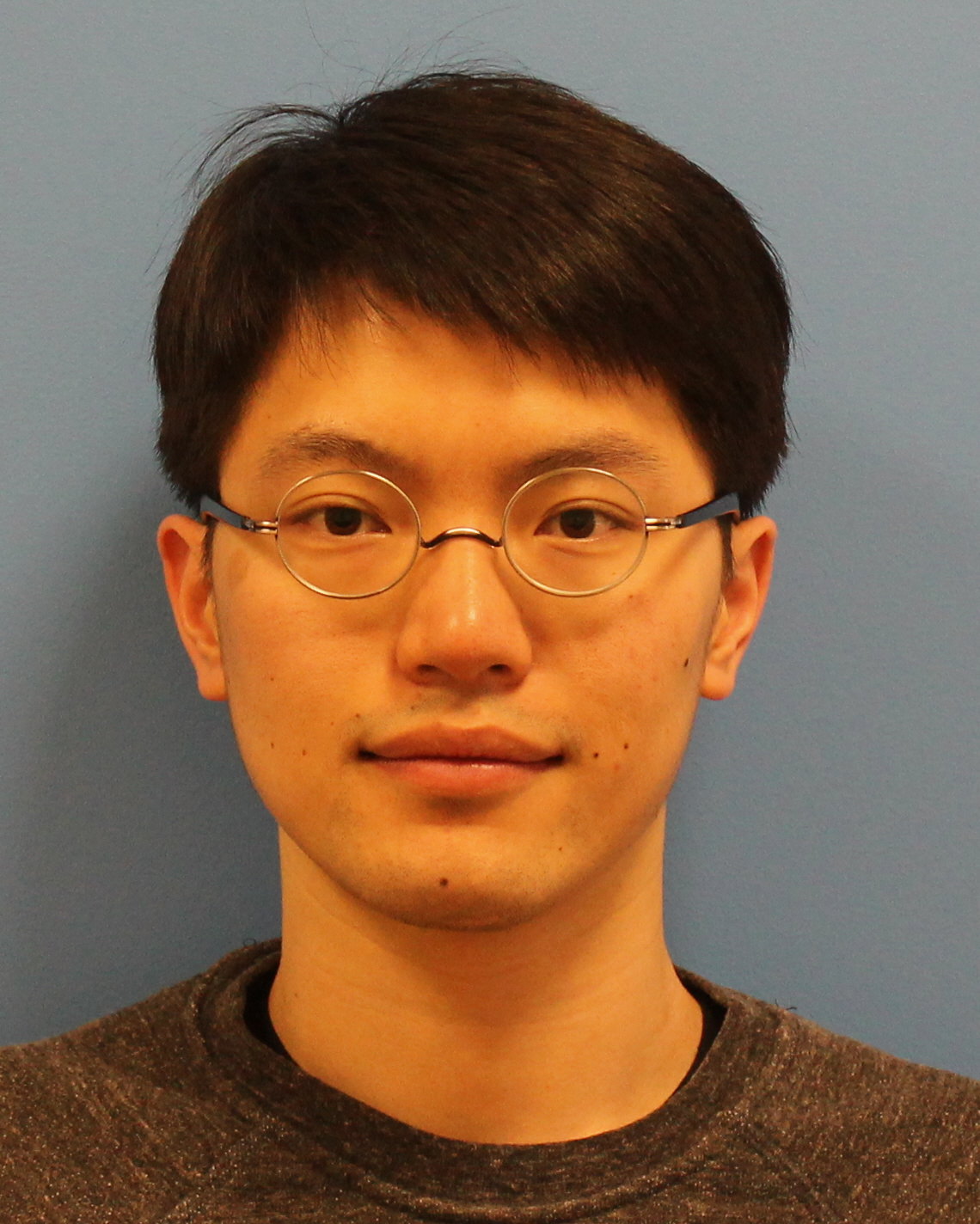Chia-Hsueh Lee
B.S. National Taiwan University, Biology
M.S. National Taiwan University, Physiology
Ph.D. Oregon Health & Science University, Neuroscience

Rhythmic biological cycles are essential timing mechanisms that regulate many fundamental processes. Our heart rate, respiration, body temperature, and sleep all follow repetitive patterns over time. How do our bodies govern and control these biological rhythms? In the case of the heart, a unique cation current, known as the pacemaker current, drives the spontaneous rhythmic firing of the cardiac muscle. This pacemaker current is mediated by the hyperpolarization-activatedcyclic nucleotide-gated (HCN) ion channel. In addition to heart tissues, HCN channels are widely expressed throughout the brain and are important for neuronal oscillation and excitability. Dysfunction of HCN channels has been implicated in arrhythmias, epilepsy, and pain.
Unlike most voltage-gated ion channels, HCN channels are activated by hyperpolarization of the cell membrane, rather than depolarization. The activity of HCN channels is also facilitated by cyclic nucleotides such as cAMP. However, the molecular basis of voltage activation and cAMP modulation in HCN channels remains unknown. I aim to study how HCN channels operate in response to voltage and cAMP using structural and functional approaches.
